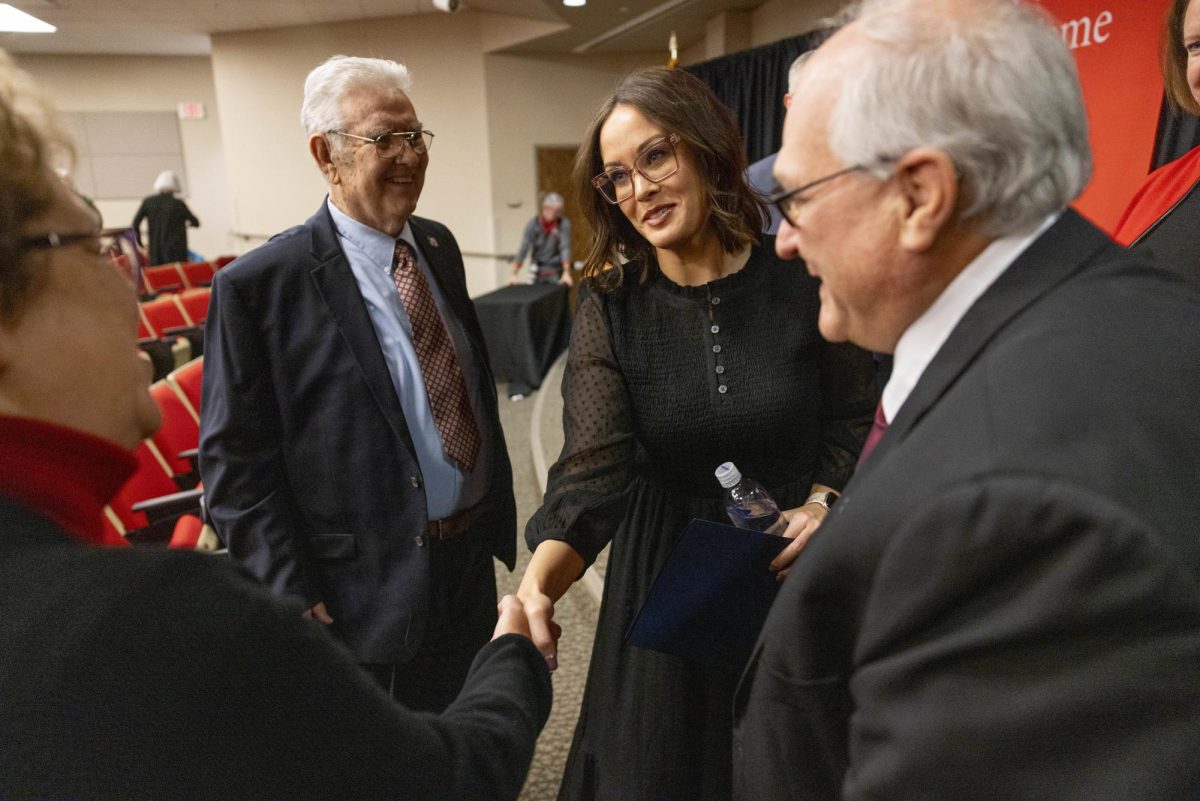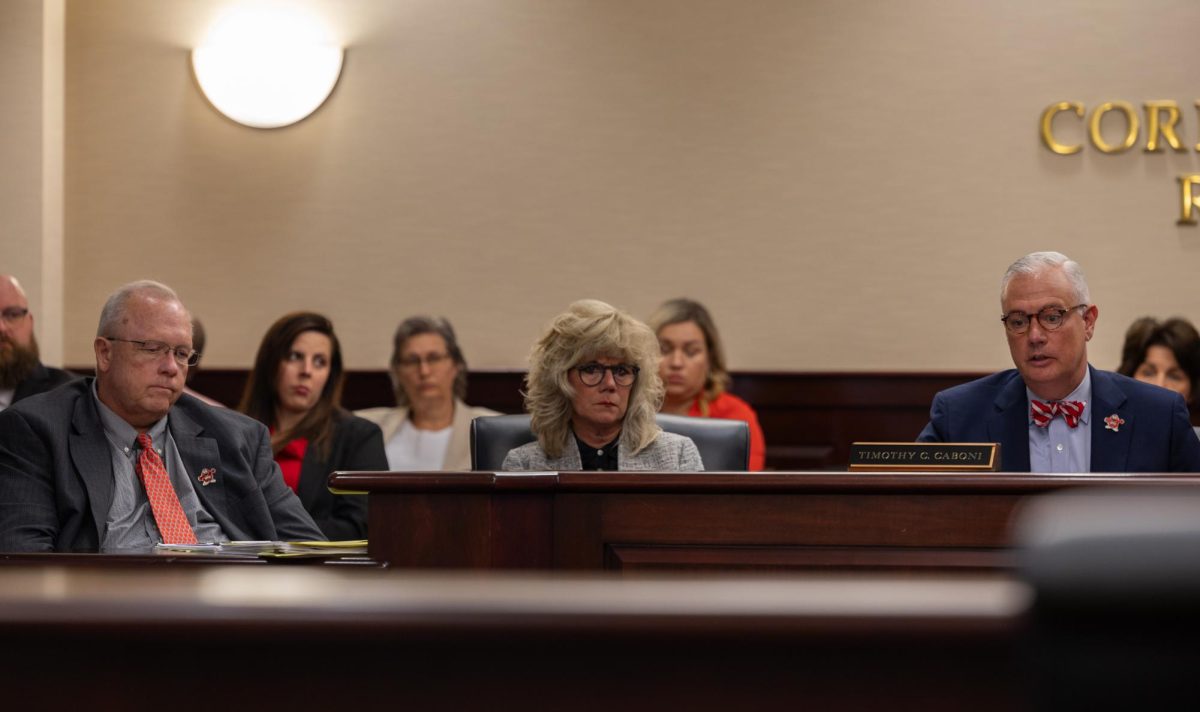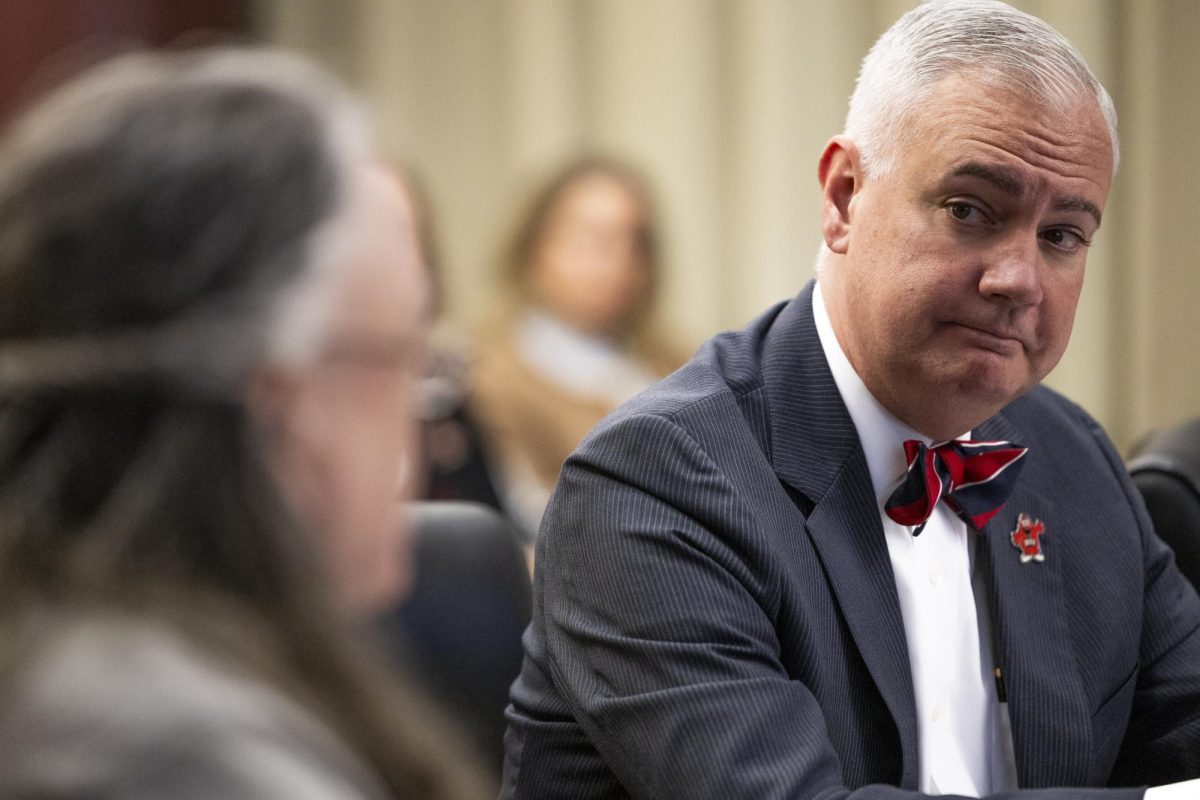The WKU Board of Regents committees met Friday, Jan. 19 to discuss financial revenues and expenses and approve eight academic program changes.
In discussion of revenue versus expenses for the second quarter of fiscal year 2024, the total realized revenue was $218.9 million, 66% of the total budget. Revenue increased $3.38 million over the prior year due to an increase in several categories, including net tuition revenue.
The total expenses were $179.2 million, 55% of the total budget. Expenses increased $6.34 million over the prior year. $4.6 million of this was used for personnel expenses, including salary and fringe benefits, and $1.74 million of this was used in direct expenses, including supplies and operating and maintenance.
“Six months in, we’re about $3 million expense over revenue,” Susan Howarth, executive vice president for strategy, operations, and finance said.
The finance and budget committee said the university will be monitoring monthly, conducting biweekly meetings with the president, provost, executive vice president, vice presidents, and deans, and conducting weekly meetings with budget managers to address the increase in expenditure.
“I know that folks worry when they first talk about finances,” WKU President Timothy Caboni said. “The reality is, this is what mature institutions do. Think about a $300 million budget, that’s about 1% right there at $3 million. And so we have the ability, in the next six months, to get to good. And given the time, effort, and energy that leadership is spending on this, I’m optimistic that we will land that plane.”
The board also discussed and approved eight academic program changes.
Due to low enrollment, the board approved the suspension of the adult education graduate certificate and the bachelor of arts in corporate and organizational communication, which will be consolidated with the bachelor of arts in communication studies.
The board also approved the addition of several programs, including a graduate certificate in marketing and sales, an undergraduate certificate in economic data analytics, a graduate certificate in trauma and resilience, an undergraduate certificate in food service design, a bachelor of science in neuroscience and a bachelor of science in data science.
The neuroscience major will consist of basic and advanced science classes and laboratories exploring the brain structure and nervous system.
Students will choose one of three concentrations within the program: systems, behavioral, or computational.
“In all my years on the board, I think this, to me, is maybe the most exciting new program that we have put together,” Phillip Bale, academic affairs committee chair, said. “I think there is just going to be just a ton of interesting research possibilities that can grow out of this.”
The data science major will merge computer science, statistics and domain-specific knowledge to use data to make informed decisions and solve problems innovatively.
Robert Fischer, WKU Provost and vice president for academic affairs, said the program could be a potential start in WKU becoming a “leader” in data science locally, and potentially nationally.
Assistant News Editor Ali Costellow can be reached at [email protected]








